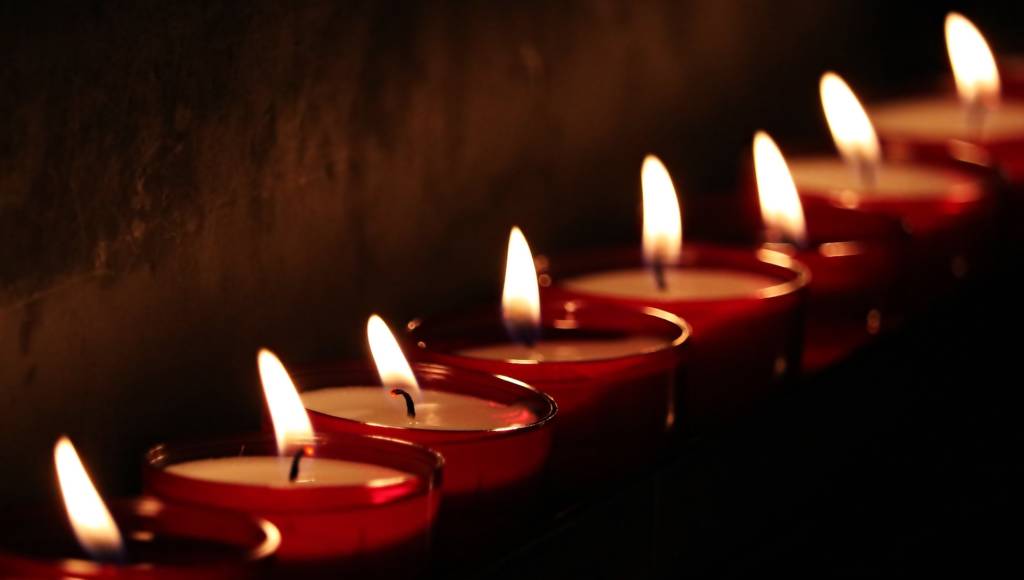On July 14, I got some very sad and heart-wrenching news from a colleague about the death of our vendor, Mr. Leonard Hyater. The news erased all my weekend plans and made me think about the time that I have spent with him as a colleague. As a vendor, he worked hard for positive change in his life. Recently, he received his certificate in real estate mortgage for Maryland. He was preparing to take the test for Washington D.C, and then seek a national license. Being a homeless person, he hoped his life would bring change, not only for himself but for the community.
We were about to celebrate his success, but he left us and passed away. Unfortunately, he is not the only one. Countless homeless people are dying on a daily basis throughout the world. We can’t deny the fact that death is a natural process, but homelessness increases its likelihood. On average, homeless people are three times more likely to die than people who have homes. The average lifespan of people suffering from homelessness is 50 years, while for others it is 78 years. Homeless people experience the same kinds of diseases as those with homes, but with greater severity. They are also three to six times more likely to be affected by a disease, according to a 1990 study in the Journal of Social Issues.
Homeless people are more vulnerable to different kinds of situations. Due to limited accommodations in shelters, they have to face severe cold in winter, while in summer they have to face hot weather. These kinds of situations make them vulnerable to a number of diseases, including HIV/AIDS, influenza, skin disorders, tuberculosis, malnutrition, parasitic infections, dental and periodontal disease, degenerative joint diseases, venereal diseases, cancer, heart disease, hypertension and diabetes. These have been the main causes of death among homeless people.
Faced with problems such as financial instability, lack of good health, concerns about the future, lack of proper diet, lack of social structure and distance from family, homeless people can become mentally ill and depressed. They have to tackle multiple problems at once, which is a very tough job.
As citizens, it’s our responsibility to make the world a better place. It is also the job of the government to take care of its citizens. As citizens and part of the community, we should raise our voices for the homeless community. We can help them by giving them a space in our lives, corporations, nonprofit organizations and government. We can all collectively make the world a better place by countering all our problems, of which homelessness is one.
Let’s make a start—it’s not too late. Let’s put it on our own agendas and those of our political leaders to get rid of homelessness by providing affordable housing, health care, education and employment opportunities.




